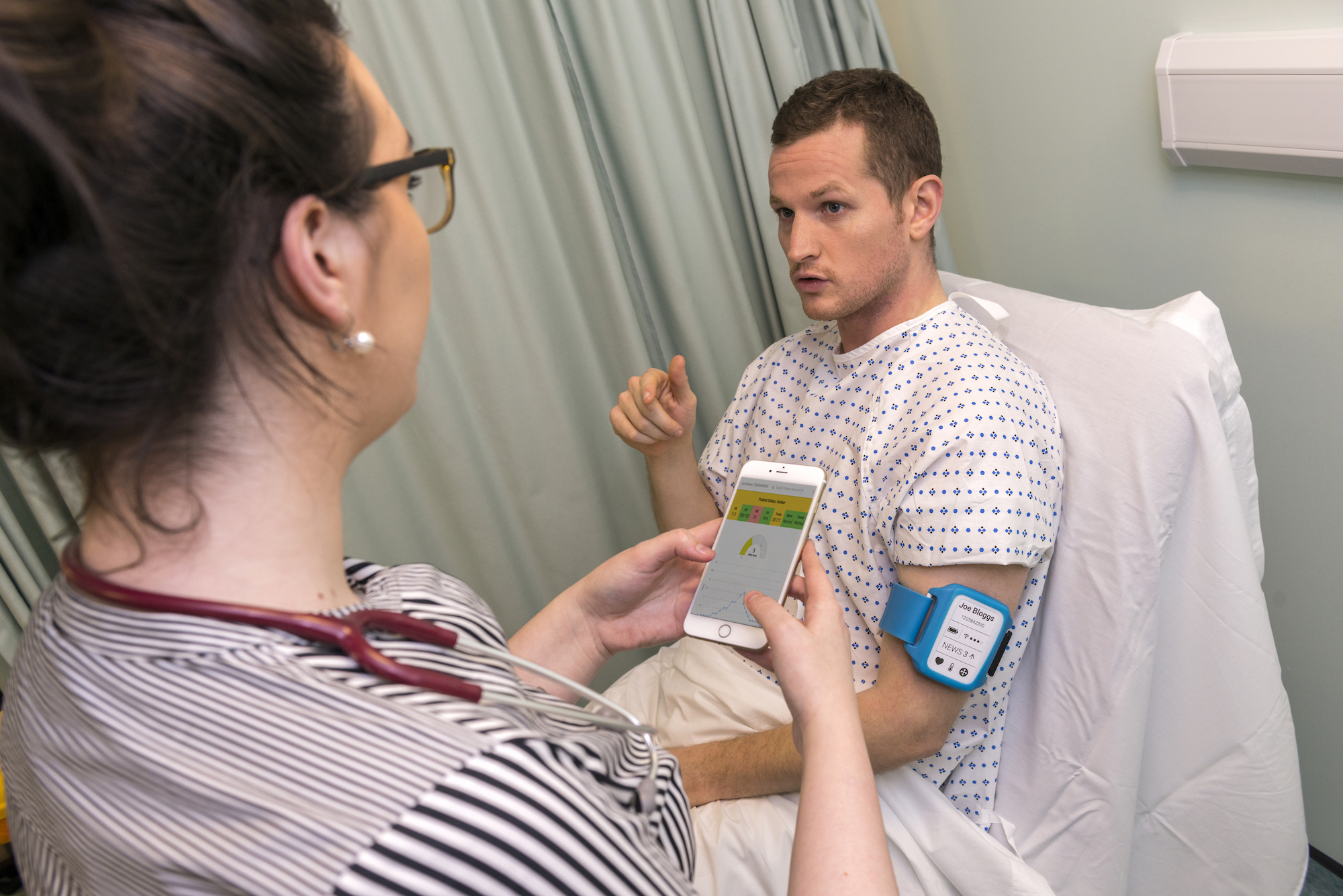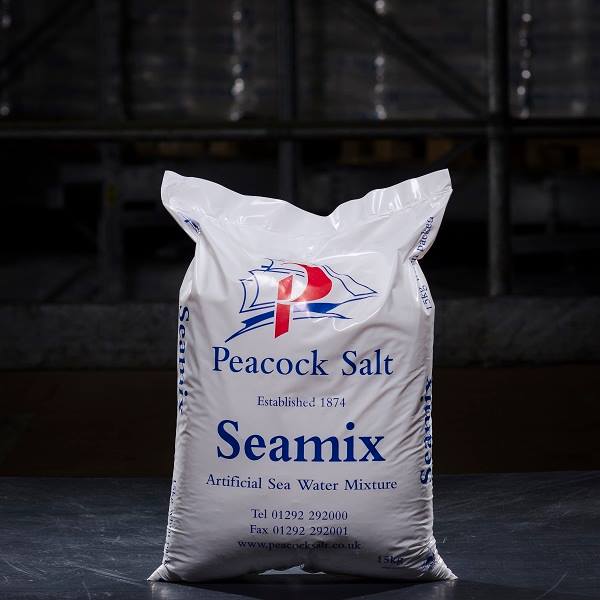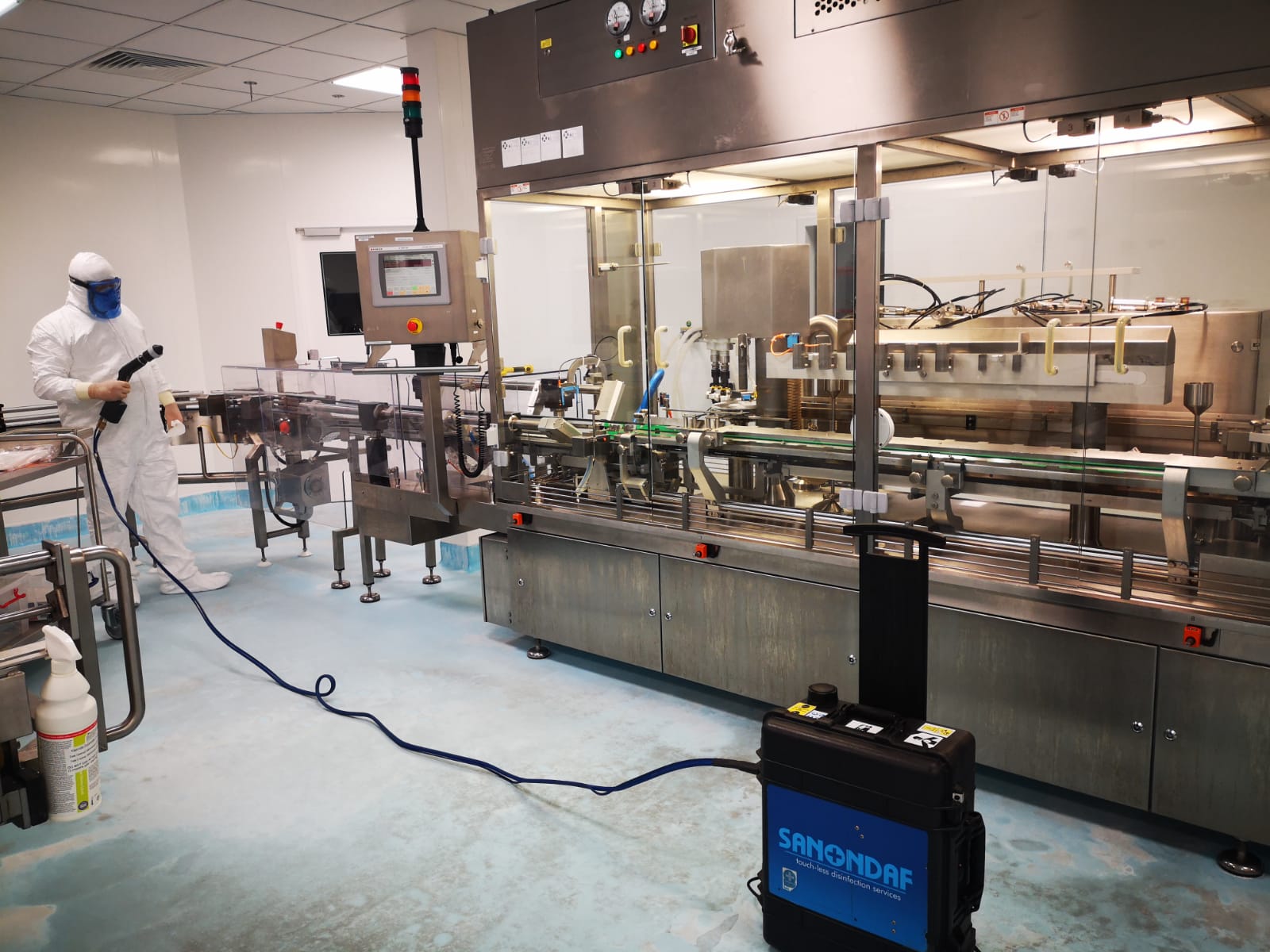Case Study
Current Health (formerly Snap40 Ltd)

Partners
University of the West of Scotland
Sectors
Life and Chemical Sciences
Regions
Tayside
Background
Christopher McCann founded Current Health (formerly Snap40 Ltd) which proposed a patient health early warning system for the hospital and community. Christopher explained:
“Research has shown that up to 35% of in-hospital cardiac arrests are preceded by warning signs that are missed by stretched healthcare staff. Current Health has developed a wearable medical device that continuously monitors the health of a patient across a wide range of indicators and then analyses this data in real-time to accurately detect the early warning signs of deterioration. Notifications are then pushed to healthcare staff through a mobile device, allowing interventions to be put in place earlier. This will save lives, as well as reduce healthcare expenditure and stress on resources”
Challenge
As dehydration is a significant problem in hospitals, accounting for approximately 83,000 bed days at a cost of £0.95 billion a year in the UK alone, Current Health wanted to incorporate an ultrasound measurement into their medical device for non-invasively monitoring hydration levels in individual patients.
Solution
The knowledge, expertise and facilities for producing wearable ultrasound sensors were available at the University of the West of Scotland’s (UWS) Sensors and Imaging Group, who have a long history of developing ultrasound transducers. In particular, Dr. Dave Hughes, a Research Fellow at UWS, has devised a novel method for rapidly fabricating ultrasound transducers that operate at high frequency, vastly simplifying the process.
With the collaborative project between Current Health and UWS being funded by a Scottish Funding Council Innovation Voucher, administered by Interface, the University of the West of Scotland will demonstrate the feasibility of using Current Health’s current transducers for contact measurements of properties of skin with (a) coupling gel; (b) minimal coupling and (c) no coupling. The development of the Ultrasound sensor will feed directly into the product design of the Current Health device, with ongoing knowledge exchange between the University and the company.
Benefits
Wearable ultrasound is an emerging field that this project will drive. Currently, ultrasound measurements through skin are undertaken using large commercial scan systems whereas this project demonstrates the use of an ultrasound transducer, developed by the University of the West of Scotland, for portable, wearable, low-power systems. No existing wearable device with the ability to monitor hydration levels was on the market. This will be a significant move forward in the field towards the commercialisation of something completely novel and highly valuable.
The company will benefit via the addition of new value to its proposition, increased ability to sell their product and the revenue generated from this. It will also allow the company to generate a new barrier to competitors entering the market and increase the attractiveness of the company to private equity investment.
The Scottish Economy will benefit through the creation of new jobs, as well as the development of a high growth, high value business headquartered in Edinburgh.
Business Benefits
Academic benefits
Additional Note
In October 2016 Current Health (formerly Snap40) secured £2 million in Seed funding from investment firm Par Equity.
In March 2017, the company was awarded a £1 million SBRI healthcare development contract by NHS England. The contract supports Current Health to further scale its technology and provides critical validation funding for two clinical studies with NHS Fife and with NHS Lothian’s Emergency Medicine Research Group Edinburgh (EMERGE) based in the Royal Infirmary of Edinburgh.
In 2018 Current Health’s wearable device was selected as one of the exhibits for the Scottish Design Galleries when the new V&A opened in Dundee.
In January 2019, Current Health announced that it had closed a $11.5 million (£9 million) Series A funding round led by MMC Ventures. Legal & General, the FTSE 100 life insurer and asset manager, is Current Health’s first corporate investor and the largest investor in the round as it continues to invest in the future infrastructure of health and care globally.
Please note that Interface administers the Innovation Voucher Scheme on behalf of the Scottish Funding Council. All funding applications are reviewed on a case by case basis by the Scottish Funding Council, guidelines can be found here.


